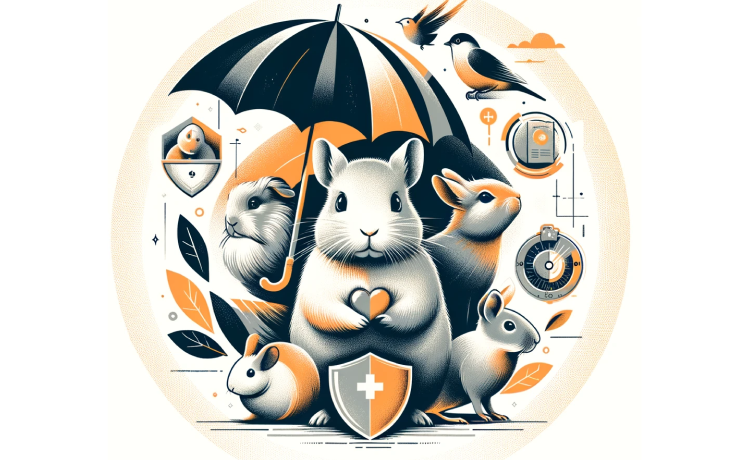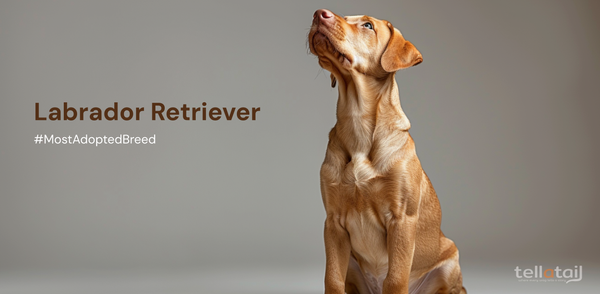Taming the Unexpected: The Role of Pet Insurance in Managing Aggressive Behaviour in Small Pets

In the nuanced world of pet ownership, the topic of aggression in small pets often lurks in the shadows, an unexpected challenge that many owners face. This exploration delves into the realm where behavioral issues intersect with the practicalities of pet insurance – a journey that is as much about understanding the roots of aggression as it is about navigating the financial and emotional landscapes it creates.
It's a narrative that speaks to the heart of pet parenting: the commitment to understanding and caring for our animal companions, even when they show their less cuddly sides.
Understanding Aggression: More Than Just Bad Behavior
Before delving into the role of pet insurance, it's crucial to understand the nature of aggression in small pets.
- Root Causes: Aggression in small pets can stem from various sources – fear, illness, territorial instincts, or even past trauma. Understanding these triggers is the first step in addressing the behavior.
- Species-Specific Behaviors: Different species may exhibit aggression in different ways. For example, a hamster might bite, while a bird might peck or squawk loudly.
- The Health Connection: Sometimes, aggression is a symptom of an underlying health issue. This is where veterinary insight becomes invaluable.
Pet Insurance: A Safety Net for the Unpredictable
Pet insurance can be a lifeline in managing the costs associated with aggressive behaviour in small pets.
- Covering Veterinary Costs: If aggression is linked to a health issue, pet insurance can help cover the costs of diagnostics and treatment.
- Behavioural Therapy Coverage: Some pet insurance policies may cover behavioural consultations and therapy, providing support for owners navigating these challenges.
- Peace of Mind: Knowing that you have financial support can alleviate the stress of dealing with a pet's aggressive behaviour, allowing you to focus on solutions.
The Journey to Resolution: Behavioural Modification and Beyond
Addressing aggression in small pets often involves a multifaceted approach, blending behavioural strategies with medical intervention.
- Professional Guidance: A veterinarian or a pet behaviourist can offer insights and strategies tailored to your pet's specific needs.
- Environmental Modifications: Sometimes, changes in the pet's environment or routine can reduce stress and, consequently, aggression.
- Ongoing Support: Managing aggression is often a long-term commitment, requiring patience, understanding, and consistent effort from the pet owner.
The Emotional Landscape: Navigating the Challenges
Dealing with a pet's aggressive behavior can be an emotional rollercoaster for pet owners.
- Understanding and Empathy: It's important to approach the issue with empathy, both for the pet and for yourself as the owner.
- The Role of Community: Seeking support from fellow pet owners who have faced similar challenges can be comforting and informative.
- Celebrating Progress: Every small step towards managing aggression is a victory, worthy of recognition and celebration.
In Conclusion: A Partnership of Care and Understanding
Managing aggression in small pets is a journey that intertwines behavioural understanding with practical solutions like pet insurance. It's a path marked by challenges, but also by profound opportunities for growth and bonding.
As pet owners navigate this complex terrain, they do so with the knowledge that their efforts are underpinned by a safety net of financial support and professional guidance. In the end, the journey is about more than just managing behaviour; it's about deepening the bond with our small companions, understanding their needs and fears, and providing them with a life filled with care, compassion, and understanding.
#PetInsuranceInsights #SmallPetBehavior #AggressionInPets #PetBehaviorManagement #FinancialSafetyNet #PetHealthCare #BehavioralTherapyForPets #UnderstandingPetAggression #PetParentingChallenges #SupportForPetOwners #PetWellnessJourney #CompassionatePetCare #PetBehaviorSolutions #PetInsuranceBenefits #CaringForSmallPets




